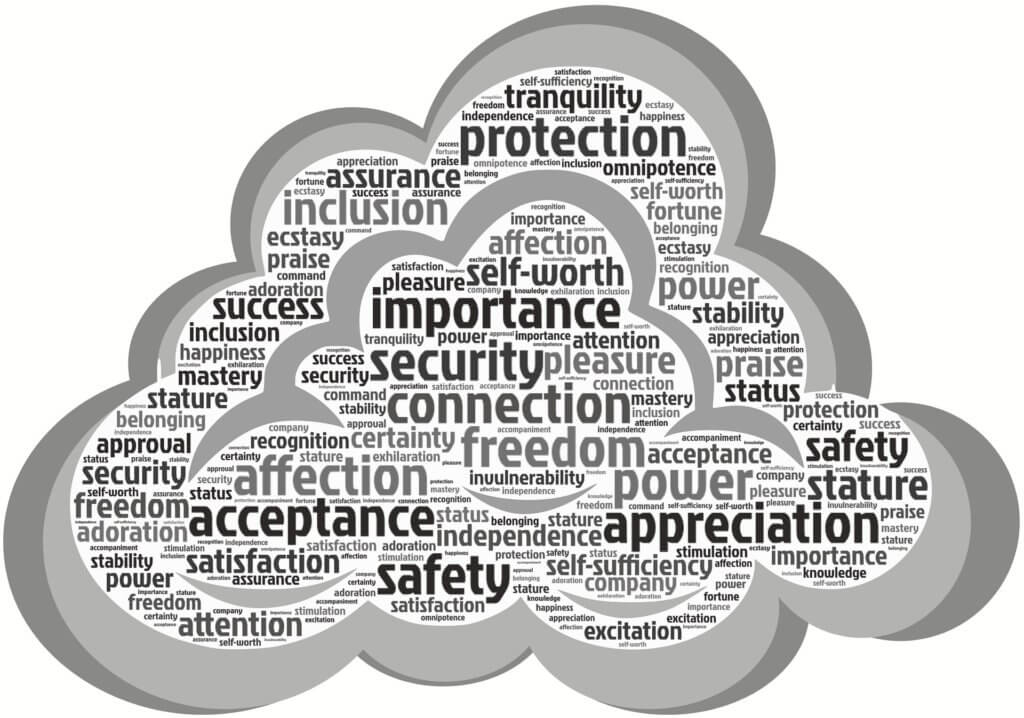
As we enter 2023, cloud computing continues to be the backbone of digital transformation for organizations. However, with the increased adoption of cloud technologies comes the need for robust cloud security practices.
Cloud security risks can range from data breaches, data loss, and unauthorized access to denial-of-service (DoS) attacks. Therefore, businesses must prioritize cloud security to prevent and mitigate potential security incidents. This article provides comprehensive cloud security best practices for 2023.
Follow the Shared Responsibility Model
One of the key aspects of cloud security is the shared responsibility model. The model outlines the responsibility of the cloud service provider and the customer regarding security.
Cloud service providers are responsible for securing the cloud infrastructure, while customers are responsible for securing their data and applications in the cloud. Therefore, it is crucial for businesses to understand their role in cloud security and implement measures to secure their data and applications.
Manage User Access Privileges
The management of user access privileges is critical to cloud security. Organizations should only grant access privileges to users who need them to perform their job functions.
Implementing a least privilege access model can help to prevent unauthorized access and reduce the risk of data breaches. Organizations should also regularly review user access privileges to ensure that they are up to date and revoke access privileges for users who no longer require them.
Cloud Intelligence and Forensics
Cloud intelligence and forensics refer to the use of advanced tools and techniques to detect and prevent cloud security incidents.
Organizations can use machine learning algorithms to monitor cloud traffic and detect anomalies that could indicate a security incident. Forensic tools can also be used to analyze security incidents and provide insights that can help to prevent future incidents.
Cloud Security Policies
Cloud security policies define the security measures that an organization must implement to protect their data and applications in the cloud. Organizations should develop a comprehensive cloud security policy that covers all aspects of cloud security, including access control, data encryption, network security, and incident response. It is also essential to regularly review and update cloud security policies to ensure that they remain relevant and effective.
Monitor Unusual Employee Behavior
Monitoring employee behavior is critical to cloud security. Organizations should monitor their employees’ activities to detect unusual behavior that could indicate a security incident. Employees should also be trained on cloud security best practices to prevent accidental security incidents, such as data leaks or unauthorized access.
Audits and Penetration Testing
Audits and penetration testing are essential for cloud security. Audits help to identify security gaps and vulnerabilities that could be exploited by attackers. Penetration testing involves simulating an attack on an organization’s cloud infrastructure to identify weaknesses that need to be addressed. Regular audits and penetration testing can help organizations to stay ahead of potential security threats.
Meet Compliance Requirements
Compliance with regulatory requirements is critical to cloud security. Organizations should ensure that their cloud security practices meet the regulatory requirements of their industry.
Compliance requirements vary depending on the industry and the location of the organization. Therefore, it is essential to stay up to date with the latest regulatory requirements and ensure that cloud security practices meet these requirements.
